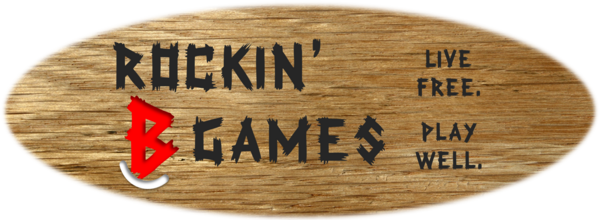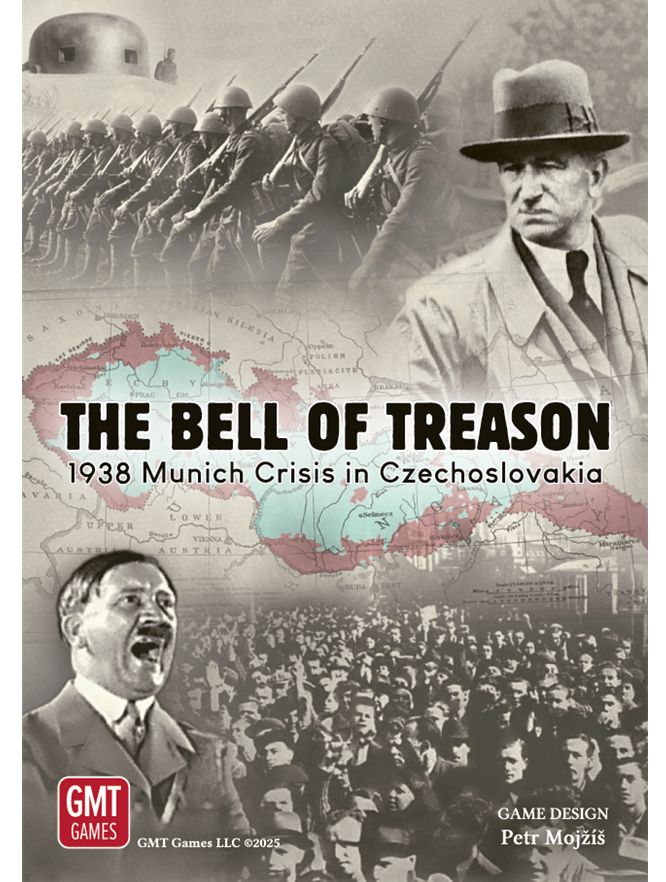
The Bell of Treason: 1938 Munich Crisis in Czechoslovakia
"Defending our independence and democracy in the middle of Europe, we defend the freedom of the whole of Europe. Thus we fulfill the historical mission of the Czechoslovak state."
“We Will Remain Faithful”
- Manifesto signed by 308 influential personalities of Czechoslovakia on May 15th, 1938, and later signed by an additional 1.5 million ordinary Czechoslovak citizens
During the crisis period of 1938, Czechoslovakia underwent an internal moral struggle about whether or not to stand and fight against Nazi Germany, the consequences of which Czech and Slovak society have probably never fully come to terms with. The decision to concede the Sudetenland to Germany was a difficult one, and the merits of both sides of the argument are clear: pragmatically, there was little hope that Czechoslovakia could have survived a German invasion in 1938, but its spirit was still strong, and a decision to fight could have sent a clear message to the rest of Europe and altered the course of history. How did Czechoslovakia, with a proud, professional military and seemingly strong alliances with France and the Soviet Union, end up making this fateful decision to concede in 1938? The Bell of Treason allows you to relive the events in Czechoslovakia that led up to this decision and potentially change the course of history.
The Bell of Treason is a fast-paced, card-driven board game in which two players experience the existential crisis faced by Czechoslovakia in response to Hitler’s territorial demands. One player represents the ideal of trying to Defend the country, even without allies and at any cost. The other player represents the historically victorious ideal of agreeing to Concede the Sudetenland territory, in order to prevent bloodshed and hoping that Hitler’s demands would stop there. The game adapts the crisis modeling system originally introduced in Mark Herman's Fort Sumter and then further developed in Fred Serval's Red Flag Over Paris. The game does not make any judgment about whether it would have been the right choice for Czechoslovakia to defend itself in 1938, nor whether such a defense could, in any sense, have been successful. Instead, it allows you to experience for yourself this crisis period of 1938, which forever influenced Czechoslovakia's path and the eventual course of World War II. The game can also be played solo, using an adaption of the innovative and elegant system originally designed by Jason Carr for Red Flag Over Paris.
In 1940, about 14% of the tanks deployed by Hitler's Third Reich in the Western Campaign against France had been designed and produced in Czechoslovakia. The commander of the 7th Division, Erwin Rommel, praised their reliability and resilience, much needed for his rapid advance. Hitler had acquired these tanks and other armaments from Czechoslovakia practically without a fight after the occupation of Bohemia and Moravia on March 15th, 1939. By that time the country was no longer able to protect itself, having lost its easily defended mountain border, advanced fortifications, and most importantly the will to fight. In March of 1939, the morale of the country was already broken, but this was not yet the case in September of 1938.
In 1938, Czechoslovakia was the only truly democratic country in Central Europe, and the population's determination to defend their homeland was higher than at any other point in this young republic's history. Experienced generals, many of them former legionnaires who had fought in World War I, commanded the professional and relatively well-equipped Czechoslovak army. However, the country did not end up defending itself against Germany, instead ceding its strategic territory in the Sudetenland to the German Reich as dictated by the Western European powers at the Munich Conference on September 29th, 1938.
Present at this conference were the British Prime Minister Neville Chamberlain (the leading promoter of German appeasement), the French Prime Minister Édouard Daladier (whose country had signed a defensive treaty with Czechoslovakia), the Italian dictator and mediator of the meeting Benito Mussolini, and Adolf Hitler, who had long been determined to deal with the Czechoslovaks by military means. Together these four leaders signed the so-called Munich Agreement, culminating a crisis that had started with the Sudeten Germans' demand for autonomy based on false claims of Czechoslovak oppression. Most of the population of Czechoslovakia was ready to defy this agreement, even if it meant war with Germany, but the Czechoslovak government decided to concede the Sudetenland in order to avoid bloodshed. This decision was followed shortly by additional territorial concessions to Poland and Hungary and, less than 6 months later, by the independence of Slovakia and the occupation of Bohemia and Moravia by German forces. Appeasement had not been successful, and Czechoslovakia had surrendered practically without a fight.
Highlights:
- In 1938, the Czechoslovak President Edvard Beneš wanted to prevent unnecessary bloodshed at all costs; so in order to win, the Defend player must either convince the president to fight or overthrow him in a coup. Either option is achieved by having a number of green Defend cubes in one space in or adjacent to the President space, at least equal to the number of white Concede cubes in the President space. At the same time, the Defend player must also show the legitimacy of their decision to fight by having at least 1 Victory Point.
- The impact of Britain's appeasement policy is modeled through the unusual unidirectional adjacency arrows of International spaces. The UK, France, and the Soviet Union are all able to influence Czechoslovak politics, but the Soviet Union can only be influenced by France, and France in turn can only be influenced by the UK. This demonstrates the political interdependencies of the international powers, as well as the external pressures applied to Czechoslovakia from all sides.
- The ethnic German population of the Sudetenland became increasingly radicalized in the build-up to the crisis, rallying behind Konrad Henlein’s fascist Sudetendeutsche Partei, engaging in acts of intimidation and terror, and eventually forming irregular Freikorps militia supplied by and commanded from the Reich. This is modeled in the game with the periodic placement of red discs representing actions taken by the Sudeten Germans, which both unlock additional cubes for the Concede player and can trigger the mobilizations of the Czechoslovak armed forces for the Defend player. This demonstrates the unpredictable effects of such terrorist actions, which served both to radicalize Sudeten Germans while also provoking a strong response from the military and emboldening those who were determined to fight.
- The game allows players to influence and experience the development of the crisis within the limits of historical possibilities. An alternative way that the game can end is with Hitler’s order to attack Czechoslovakia, triggering the planned (but historically never executed) German operation Fall Grün (Case Green). Hitler’s unpredictable decision is represented by a die roll that is resolved only when Hitler can see that Czechoslovakia is unlikely to concede, or in game terms, when the Defend player is far ahead in Victory Points. If the game ends in this way, it is counted as a Defend victory as Czechoslovakia is forced to stand and fight, although the outcome of the war still remains to be decided…
The Bell of Treason focuses a spotlight on a crucial moment in the build-up to World War II, when Czechoslovakia might have decided to stand and fight against increasingly aggressive German territorial expansion, whether or not its allies in France and the Soviet Union were willing to defend it. It also emphasizes the perspective of the Czechoslovak people during this period, providing a unique opportunity to learn about and experience the history of the crisis.
“There tolls the bell of treason, the bell of treason...”
- A line from František Halas’ poem “Zpěv úzkosti,” written in 1938
Components:
- One Mounted Mapboard
- 56 Regular-sized Playing Cards
- 56 Wooden pieces
- One 6-sided Die
- Two Player Aids
- One Rulebook
- One Playbook

Rockin' B Games is a family owned and operated small business established in the Fall of 2010.
In Cart / Check-out Discounts
Receive the following discount at checkout when your order exceeds:
$50 take 5% off | $75 take 10% off | $100 take 15% off
Discounts are applied automatically. No code required.
Store Policies
Primary topic links can be found at the bottom of this page. A complete policy section can be reviewed at: Policies
